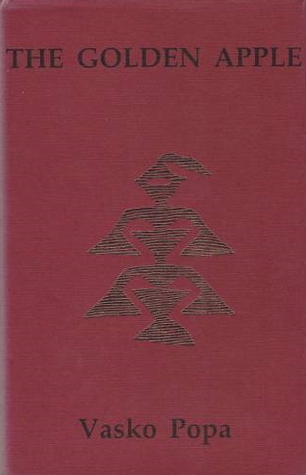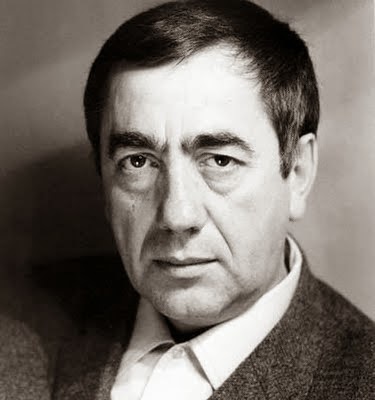
The Golden Apple' is a delightful selection from one of the richest traditions of folk literature in Europe. The universal qualities of these poems, stories, riddles and proverbs will appeal to a wide range of readers, including children. Since Yugoslav folklore is so much a part of Vasko Popa's own poetic world, readers of his poetry will find the book especially rewarding for the insight into his sources which it provides. In making his original compilation, Popa followed his own poetic taste, gathering pieces he himself loved, and finding great joy in bringing the little-known and undervalued beauties of old riddles, proverbs, spells and counting-rhymes out of the shadows into daylight.' Translatability has been the key factor in making this English selection, which is illustrated with traditional Serbian rug motifs. The vitality of Popa's material is wonderfully conveyed in this adaptation by Andrew Harvey and Anne Pennington. Born in 1922, Vasko Popa is generally regarded as one of the outstanding European poets of our time.Author

Popa was born in the village of Grebenac, Vojvodina, Serbia. After finishing high school, he enrolled as a student of the University of Belgrade Faculty of Philosophy. He continued his studies at the University of Bucharest and in Vienna. During World War II, he fought as a partisan and was imprisoned in a German concentration camp in Bečkerek (today Zrenjanin, Serbia). After the war, in 1949, Popa graduated from the Romanic group of the Faculty of Philosophy at Belgrade University. He published his first poems in the magazines Književne novine (Literary Magazine) and the daily Borba (Struggle). From 1954 until 1979 he was the editor of the publishing house Nolit. In 1953 he published his first major verse collection, Kora (Bark). His other important work included Nepočin-polje (No-Rest Field, 1956), Sporedno nebo (Secondary Heaven, 1968), Uspravna zemlja (Earth Erect, 1972), Vučja so (Wolf Salt, 1975), and Od zlata jabuka (Apple of Gold, 1978), an anthology of Serbian folk literature. His Collected Poems, 1943–1976, a compilation in English translation, appeared in 1978, with an introduction by the British poet Ted Hughes. On May 29, 1972 Vasko Popa founded The Literary Municipality Vršac and originated a library of postcards, called Slobodno lišće (Free Leaves). In the same year, he was elected to become a member of the Serbian Academy of Sciences and Arts. Vasko Popa is one of the founders of Vojvodina Academy of Sciences and Arts, established on December 14, 1979 in Novi Sad. He is the first laureate of the Branko’s award (Brankova nagrada) for poetry, established in honour of the poet Branko Radičević. In the year 1957 Popa received another award for poetry, Zmaj’s Award (Zmajeva nagrada), which honours the poet Jovan Jovanović Zmaj. In 1965 Popa received the Austrian state award for European literature. In 1976 he received the Branko Miljković poetry award, in 1978 the Yugoslav state AVNOJ Award, and in 1983 the literary award Skender Kulenović. In 1995, the town of Vršac established a poetry award named after Vasko Popa. It is awarded annually for the best book of poetry published in Serbian language. The award ceremony is held on the day of Popa’s birthday, 29 June. Vasko Popa died on January 5, 1991 in Belgrade and is buried in the Aisle of the Deserving Citizens in Belgrade’s New Cemetery.